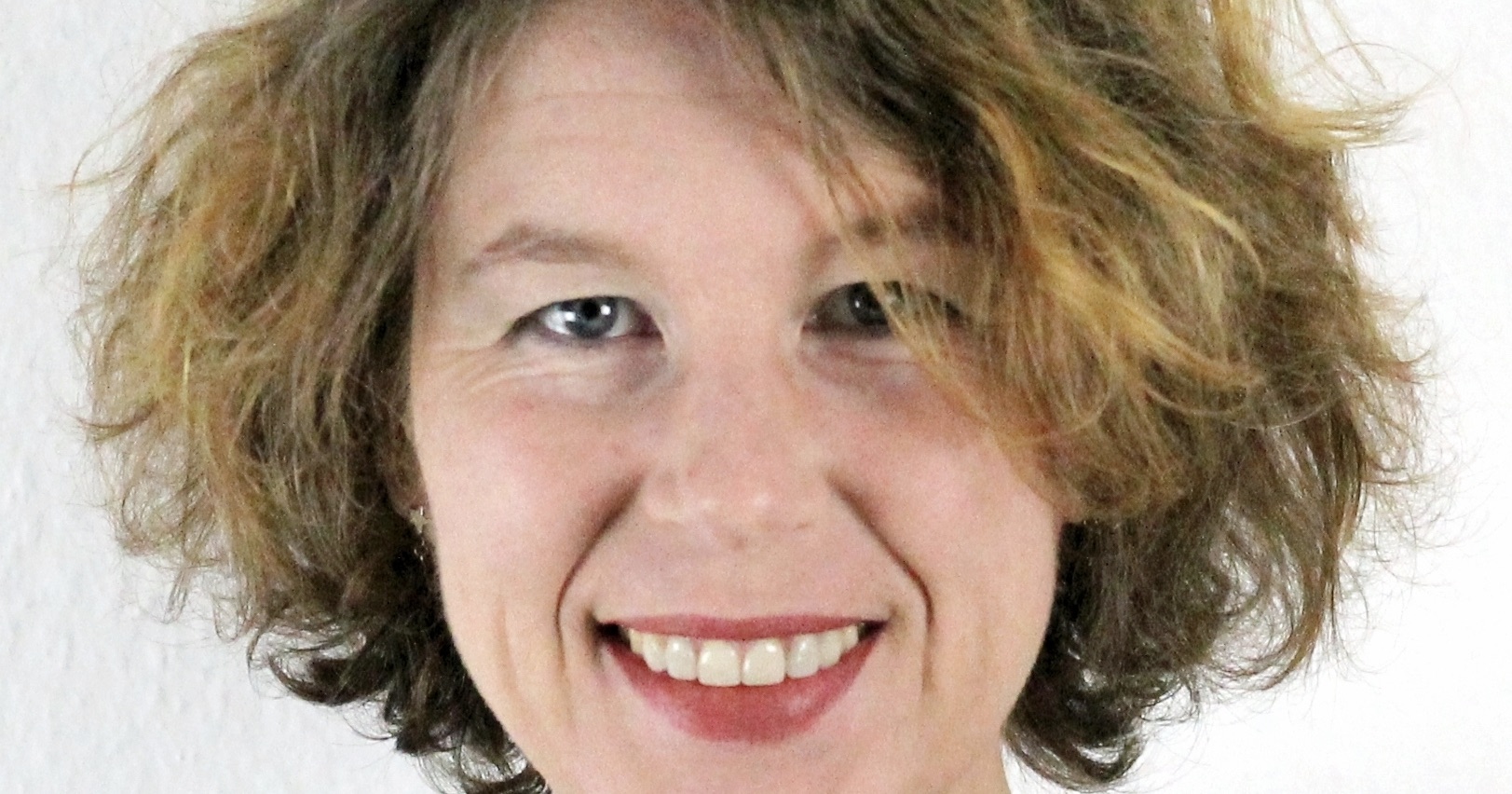 Physics, Earth & Space
Physics, Earth & Space
Determinism: Smart People and an Absurd Claim

As noted here yesterday, theoretical physicist Sabine Hossenfelder has become the latest in a long line of smart people to make the absurd claim of determinism (see her blog or video), and that therefore there is no such thing as free will. This silliness traces at least as far back as Laplace and is based on the idea that any system evolves from time point 1 to time point 2 according to the laws of nature. As Hossenfelder puts it:
These laws have the common property that if you have an initial condition at one moment in time, for example the exact details of the particles in your brain and all your brain’s inputs, then you can calculate what happens at any other moment in time from those initial conditions. This means in a nutshell that the whole story of the universe in every single detail was determined already at the big bang. We are just watching it play out.
The first problem with Hossenfelder’s sophism is that it is non-empirical. We experience free will continually in our personal experience. Hossenfelder’s claim amounts to a denial of untold mountains of evidence. Hossenfelder’s predictable solution is anti-realism. The problem, according to determinists such as Hossenfelder, is that our experience is uniformly false. We may think we have free will, but that is nothing more than an illusion.
An Unjustified Leap
But why is that true? Hossenfelder makes the Humean appeal to the laws of nature. They show how systems evolve deterministically, so therefore the data from our personal experience must be false. Hossenfelder fails to see the unjustified leap she has made. She has declared the laws of nature to be authoritative without justification.
Hossenfelder has identified a conflict: our experience says one thing, and the laws of nature say the opposite. Something must give, and Hossenfelder unilaterally and without justification concludes that the laws of nature win out. The fallacy is reminiscent of Hume’s argument against miracles that John Earman demolished twenty years ago.
As if sensing a problem Hossenfelder attempts to justify her leap. She explains that “These deterministic laws of nature apply to you and your brain because you are made of particles,” and that “we know that brains are made of particles.” Furthermore, “the laws of nature that we know describe humans on the fundamental level.” But rather than saving the theory, Hossenfelder is merely digging deeper into the fallacy, as she simply begs the question. These are all non-empirical truth claims that are beholden to the assumption of determinism. She simply asserts these claims, but why should we believe any of them are true?
The Intellectual Necessity Argument
Yet Hossenfelder is supremely confident in her finding. Drop this free will nonsense, she warns, or “you will never understand how the universe really works.” This is the classic intellectual necessity argument, so common in the evolution literature. In this case it is determinism that is required for scientific progress and truth.
This brings us to the second problem with Hossenfelder’s determinism, which is her many truth claims. As she explains above, “the whole story of the universe in every single detail was determined already at the Big Bang.” But if that is true then Hossenfelder cannot know anything. Everything she has typed out was, well, pre-determined by some initial conditions and some blind natural laws.
Why should Hossenfelder think for a moment that anything that occurs to her has any correspondence to truth? Above she made the classic intellectual necessity argument but, in fact, it is precisely the opposite. Her determinism undercuts her many truth claims, and knowledge in general.
The End of Knowledge
There would be no reason to think anything we ever generate has any particular truth value. For instance, I could decide to type 2+2=5. In fact, there I did it. But of course, Hossenfelder would say that sentence was all preordained. She also would say it is not true. So certainly preordained sentences are not necessarily true. In fact, for Hossenfelder our notions, thoughts, commitments, and conclusions are merely a consequence of the arrangement of particles in our heads. Why should we think they would be true, if there even is such a thing?
Hossenfelder’s conclusion, that “the whole story of the universe in every single detail was determined already at the Big Bang. We are just watching it play out” is fitting. For it is the ultimate in meaningless, trivialization of the profound. She is mired in the absurd. Hossenfelder is the best and the brightest — a cutting-edge theoretical physicist. The wisest that the world has to offer and look where she has landed. As Paul informed the Corinthians in the introduction of his first letter to them, God made foolish the wisdom of this world.
